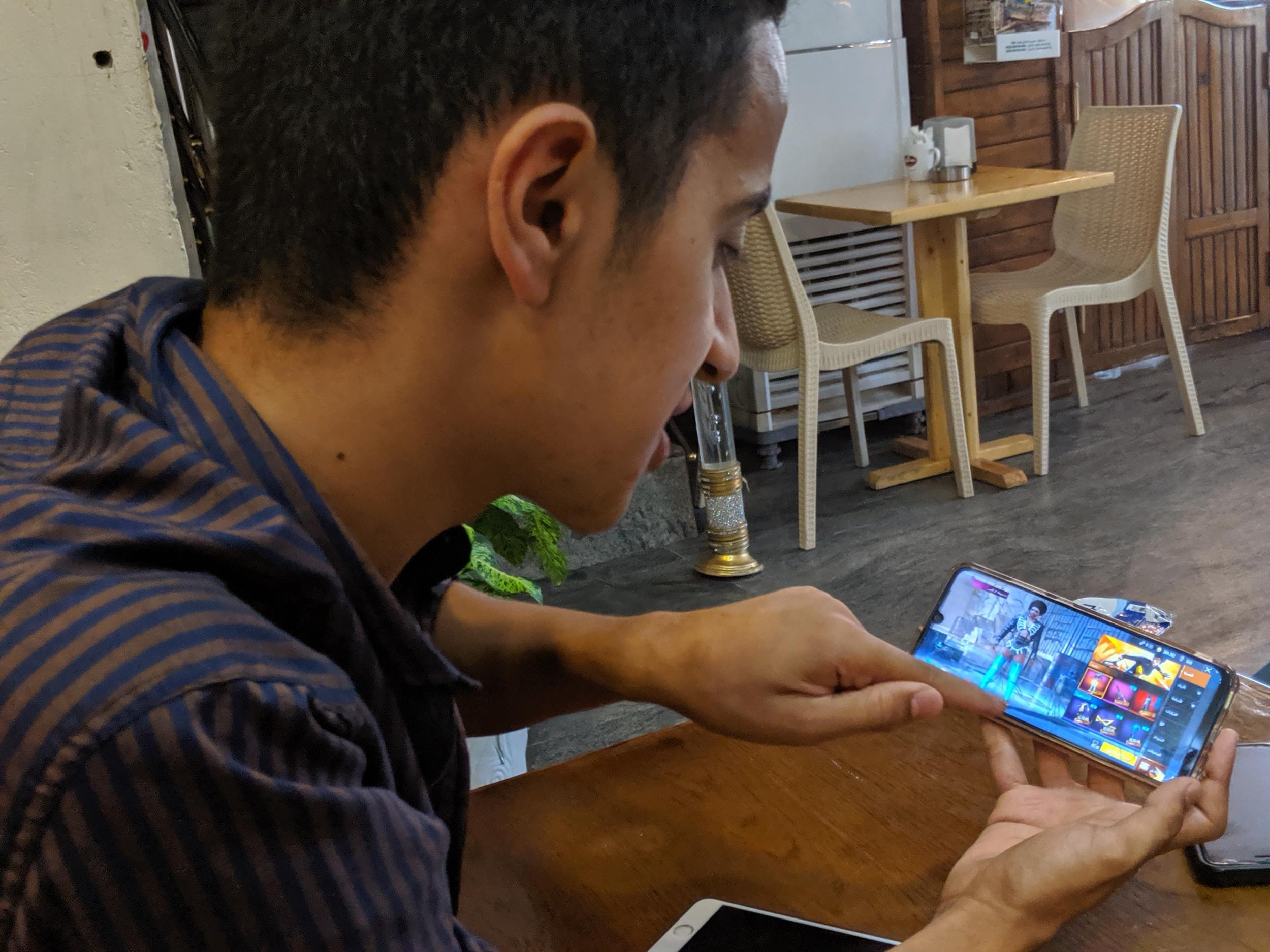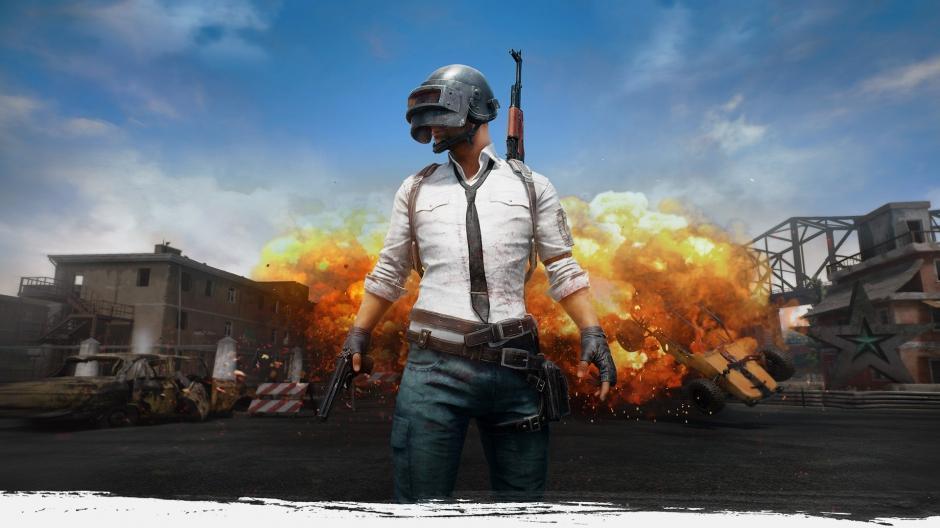Iraq’s ban on video games didn’t work, it just made young people angry
PlayerUnknown’s Battlegrounds – PUBG – is one of few places where young people can meet up and socialise away from prying eyes of their families, Richard Hall discovers in Baghdad

Your support helps us to tell the story
From reproductive rights to climate change to Big Tech, The Independent is on the ground when the story is developing. Whether it's investigating the financials of Elon Musk's pro-Trump PAC or producing our latest documentary, 'The A Word', which shines a light on the American women fighting for reproductive rights, we know how important it is to parse out the facts from the messaging.
At such a critical moment in US history, we need reporters on the ground. Your donation allows us to keep sending journalists to speak to both sides of the story.
The Independent is trusted by Americans across the entire political spectrum. And unlike many other quality news outlets, we choose not to lock Americans out of our reporting and analysis with paywalls. We believe quality journalism should be available to everyone, paid for by those who can afford it.
Your support makes all the difference.In the early hours of the morning, when all of his family are asleep and he should be too, 18-year-old Mustafa Majid and his friends are getting ready to go to war.
Like thousands of other young people in Iraq, they meet up in the online world of PlayerUnknown’s Battlegrounds (PUBG), a massive multiplayer shoot-em-up that has taken the country by storm.
In internet cafes and coffee shops, in schools and parks, Iraqis grip their phones like their lives depend on it as they square-off against players from around the world in giant virtual battlefields.
The huge popularity of the game among young Iraqis has worried the country’s political and religious establishment, so much so that that the government recently voted to ban it due to its “negative effects on health, culture, and security”. The irony was not lost on Majid.
“The situation here is already worse than any game. I’m talking to you and I could get killed in an explosion,” says the high school student, as he dispatches his enemies.
But PUBG (pronounced “pub-gee”) is more than just a game for many young Iraqis. The game’s online world is one of the few places they can meet up and socialise away from the prying eyes of their families. It is as much a social media platform as it is a game.
Players can talk to each other through microphones and find their Facebook friends in the game. In a country where communities have long been atomised by war and sectarian divides, it has brought many young people together.
“I’ve made friends with Iraqis from cities I’ve never been to, Basra and Amarah – and people from other countries. Some people I have met up with in Baghdad after playing the game,” says Majid.
The Iraqi parliament voted almost unanimously to ban a host of similar online games in April, claiming they were detrimental to the health and wellbeing of Iraq’s youth. It came not long after the powerful Shia cleric Moqtada al-Sadr appealed to young people to stop playing PUBG.
But young players were not convinced by the official reasons behind the ban. For many, it felt like an attack on an entire generation.
“It’s a way to impress on young people that they have to obey. They are trying to control people,” says 18-year-old Sarah Allami, a casual gamer.
“We don’t have the freedom to choose in a lot of ways, but this game brings young people together,” she says.
The generational divide in Iraq is stark. Roughly 60 per cent of the country’s population is under 25. After decades of conflict, mismanagement and corruption, many young people in Iraq feel they are being left behind. The youth unemployment rate is close to 40 per cent, according to the World Bank.

The game is undeniably addictive, but many saw the parliamentary move as a question of poor priorities.
“My colleagues at work complain about their husbands playing all night, they say they don’t listen while they are playing,” says Ghader Rashad, a 27-year-old pharmacist who plays with her friends.
“But the game makes a connection between people. We do a lot of talking on there.”
Her friend and fellow fighter, Russul Mohamed, says the ban will likely have the opposite intended effect in the long run.
“It’s about freedom,” she says. “When you ban something you make it more desirable, especially among young people.”
As it happens, the ban wasn’t very effective. Majid still plays for about four hours a day.
“When the parliament banned it it stopped for a few hours, and then it came back. We all have VPNs [virtual private networks] so they can’t stop it anyway,” he says.
Join our commenting forum
Join thought-provoking conversations, follow other Independent readers and see their replies
Comments